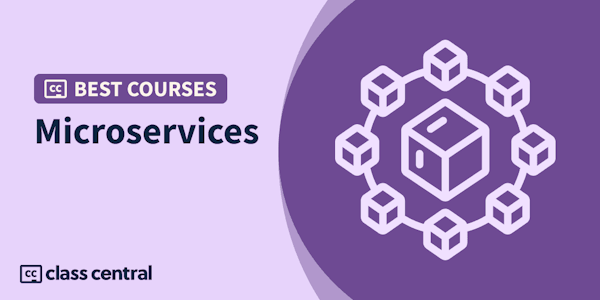Distributed computing is hard, but it doesn't need to be. In this course, you'll learn what Akka.NET clustering is and how you can utilize it to build concurrent, distributed systems that can handle failure and easily scale up or down to meet demand.
Many distributed computing systems are hard to scale or require changes in code to work correctly, but in Building Distributed Systems with Akka.NET Clustering, you'll see that it doesn't have to be a hassle. In this course, you'll learn how to build a distributed system with Akka.NET, which provides a high level of abstraction to make clustering a deployment detail with no code changes. You'll see the benefits you will get with Akka.NET clustering, such as scalability and fault tolerance. You'll also look at some of the core concepts needed to fully understand clustering, such as seed nodes and gossip. Finally, you'll identify the minimum viable solution and then refactor that into a microservices solution step by step. By the end of this course, you'll be able to build a stress-free, high-quality distributed system that works.
Many distributed computing systems are hard to scale or require changes in code to work correctly, but in Building Distributed Systems with Akka.NET Clustering, you'll see that it doesn't have to be a hassle. In this course, you'll learn how to build a distributed system with Akka.NET, which provides a high level of abstraction to make clustering a deployment detail with no code changes. You'll see the benefits you will get with Akka.NET clustering, such as scalability and fault tolerance. You'll also look at some of the core concepts needed to fully understand clustering, such as seed nodes and gossip. Finally, you'll identify the minimum viable solution and then refactor that into a microservices solution step by step. By the end of this course, you'll be able to build a stress-free, high-quality distributed system that works.


